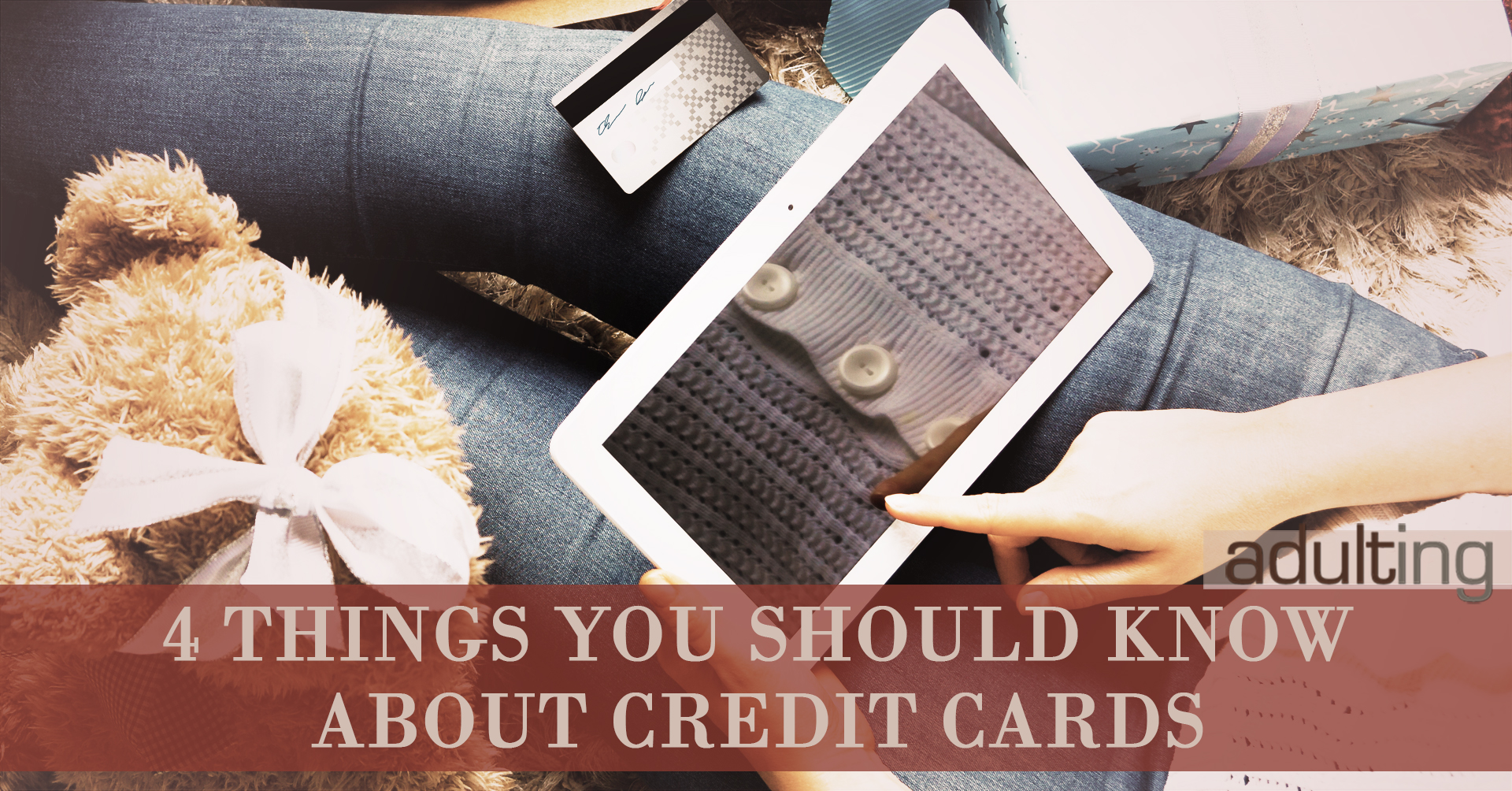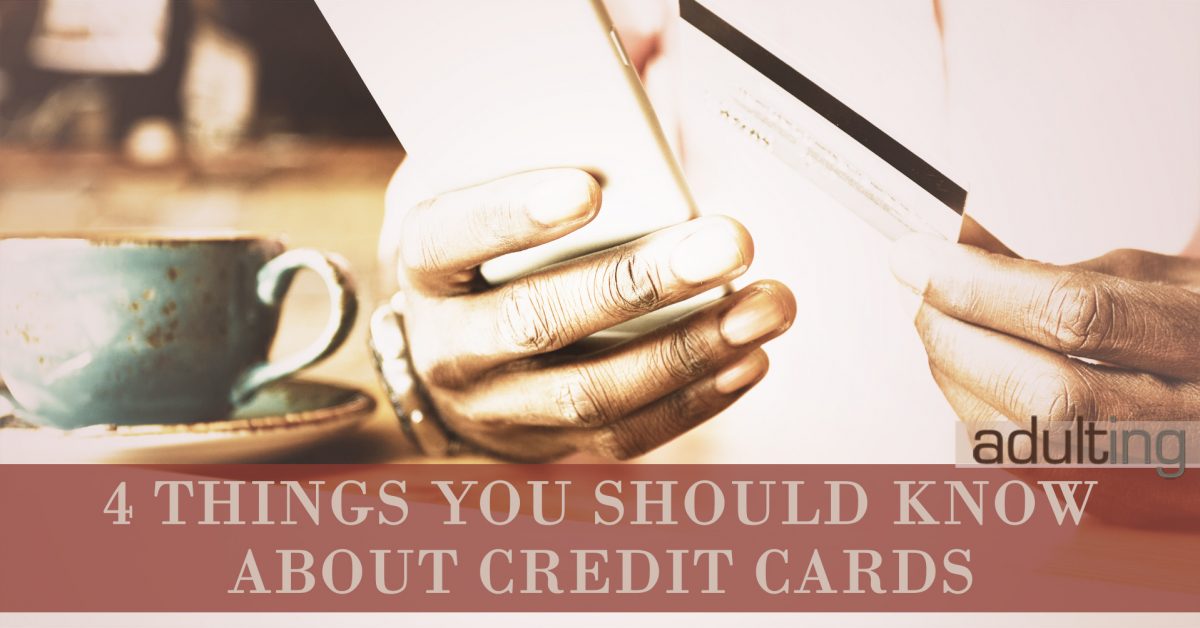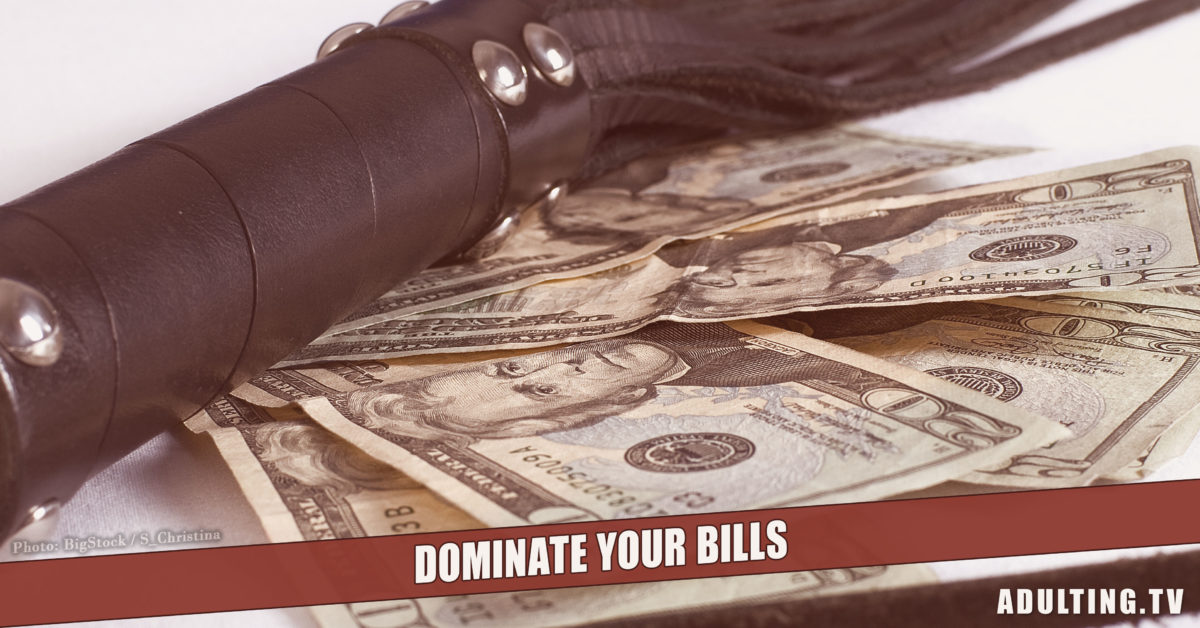It’s a simple piece of plastic, but it can help you reach your goals – or destroy your financial life. It’s a credit card. Even though they’re everywhere, you may not know the nitty gritty about them.
Before you decide to get that plastic and use it to rack up untold amounts of debt, you need to know the basics. First of all, it’s vital to understand that we’re not talking about your money here. It’s someone else’s money, and they are loaning it to you. It has to be repaid.
Credit cards can be great tools that lead to rewards and cash back and convenience. But you have to be careful and realistic. Here’s what you need to know about credit cards:
1. Not all credit cards are created equal.
Credit cards are one type of financial instrument that you can use, and they can, like insurance, be part of a well-rounded financial life. Like student loans or mortgages, though, not all credit cards are the same. Here are some examples of different types of credit cards:
- Travel credit cards: These cards have rewards designed to benefit those who travel often. These protections and perks include no foreign transaction fees, free baggage check, access to exclusive airline lounges, bonus miles when you sign up and more. They can be pretty sweet when you use them right.
- Cash back cards: Everyone loves cold, hard cash. Cards with cash-back rewards return a certain percentage of your purchases. Some cards offer cash back on all purchases, while some only do so for certain categories, like gas stations and grocery stores.
- Business credit cards: Business credit cards come with different terms and conditions than personal credit cards, but usually have higher credit limits and different rewards to help those running their own operations.
I have all three types of credit cards and am a big proponent of them. I’ve earned free trips and thousands in benefits by using credit cards responsibly. A couple of my credit cards also give me free access to my credit score, so I can make sure I’m staying on track.
2. They can protect you.
Credit cards get a bad rap for encouraging people to spend money they don’t have. But cards also provide extra support. Many credit cards have fraud protection so you don’t have to pay for any purchases in case your card is lost or stolen.
Credit cards also let you dispute purchases. If you buy something on eBay that comes in damaged, you can dispute the transaction with the credit card issuer. I’ve used this a lot if I’m trying to return something defective or if I was unhappy with a service I received. Some cards also extend warranties for items you buy using the card.
Many cards have no foreign transaction fees, which usually cost 3%. If you go on vacation and spend $500 abroad, you’ll owe $15 in fees. If you rent a car, a credit card often has collision damage coverage on rentals, saving you about $20 a day.
These perks and protections can save your ass, so double-check your benefits. You might be surprised at what’s available – at no extra charge.
3. Always pay your balance.

Your credit card statement shows your current balance, your minimum payment, and when your bill is due. The minimum payment is usually a very small percentage of what you owe (less than 5% of your total balance). If you only make the minimum payment, it can take you years to pay off even a small balance because most of your payment goes to interest charges.
For example, if you have a $500 balance on your credit card with 15% interest and your minimum payment is $15, it will take you 44 months (according to Bankrate’s calculator) to pay off that balance. During that time, you’ll pay $150 in interest.
4. Don’t use them as an emergency fund.
According to Credit Karma, the average credit card limit in 2016 was $9,606. With access to that kind of cash, it can be tempting to think of your card as an emergency fund or backup in case you lose your job.
But that’s not a reason to use a credit card. If you don’t have the money to pay off your credit card balance at the end of the month, you’ll have to pay interest on your balance. The average APR for credit cards is about 15%. That’s a real pain in the ass when you’re trying to get started with a solid financial future.
If you don’t feel comfortable having access to so much money, you can call your credit card company and ask them to lower your credit limit. If you still end up spending more than you’re comfortable with, you may have to cancel your card.
Credit cards have a bad reputation, but they’re like casinos and lottery tickets. You can use them responsibly and enjoy their benefits or find that they lead you to temptation.






